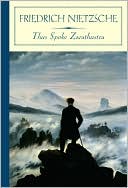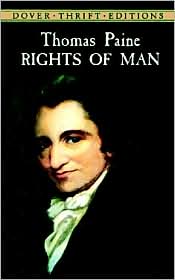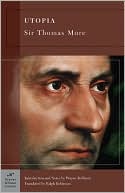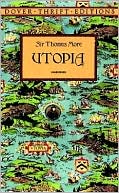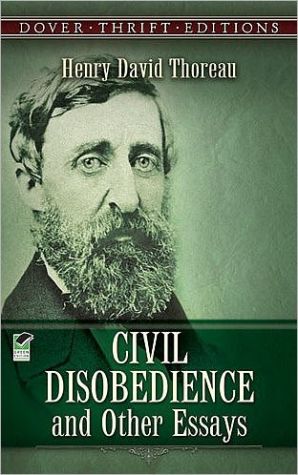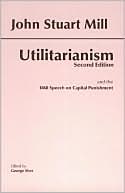Continental Idealism: Leibniz to Nietzsche
Standard accounts of nineteenth-century German philosophy often begin with Kant and assess philosophers after him in light of their responses to Kantian idealism. In Continental Idealism, Paul Redding argues that the story of German idealism begins further back with Leibniz.\ Redding begins by examining Leibniz's dispute with Newton over the nature of space, time and God, and stresses the way in which Leibniz incorporated Platonic and Aristotelian elements in his distinctive brand of...
Search in google:
Standard accounts of nineteenth-century German philosophy often begin with Kant and assess philosophers after him in light of their responses to Kantian idealism. In Continental Idealism, Paul Redding argues that the story of German idealism begins with Leibniz. Redding begins by examining Leibniz's dispute with Newton over the nature of space, time and God, and stresses the way in which Leibniz incorporated Platonic and Aristotelian elements in his distinctive brand of idealism. Redding shows how Kant's interpretation of Leibniz's views of space and time consequently shaped his own 'transcendental' version of idealism. Far from ending here, however, Redding argues that post-Kantian idealists such as Fichte, Schelling and Hegel on the one hand and metaphysical sceptics such as Schopenhauer and Nietzsche on the other continued to wrestle with a form of idealism ultimately derived from Leibniz. Continental Idealism offers not only a new picture of one of the most important philosophical movements in the history of philosophy, but also a valuable and clear introduction to the origins of Continental and European philosophy.
Acknowledgments viiiIntroduction 11 The Seventeenth-Century Background to the Emergence of Continental Idealism 61.1 Early-modern theology and natural philosophy 61.2 Henry More and Newtonian "spiritualism" 91.3 Leibniz, Clarke and Berkeley on space and God 122 The Monadological World of Gottfried Wilhelm Leibniz 202.1 Leibniz's .monadological world 202.2 Leibniz, the new physics, and the divine orderliness of the universe 222.3 Leibniz's conception of the moral order 252.4 The monadological conception of the soul and its capacities 282.5 Leibniz and mystico-religious Neoplatonism 323 Kant's Development from Physical to Moral Monadologist 363.1 Kant's pre-critical physical monadology and the mind-body problem 373.2 The role of Swedenborg in the transformation of Kant's pre-critical thought 393.3 The role of Leibniz in the transformation of Kant's pre-critical thought 403.4 The role of Rousseau in the transformation of Kant's pre-critical thought 433.5 Kant's "semi-transcendental turn" in the Inaugural Dissertation of 1770 444 Kant and the "Copernican" Conception of Transcendental Philosophy 524.1 The Copernican reversal of perspective and its consequences for metaphysics 544.2 The aporia of traditional metaphysics 594.3 Kant's modernism 614.4 Kant on Aristotle's "categories" and Plato's "ideas" 634.5 Kant's "Plato" 665 The Moral Framework of Metaphysics 705.1 The primacy of practical reason in Kant's critical philosophy 735.2 The object of "pure practical reason"-the moral law-can only be grounded in the form, rather than the empirical content, of the will 765.3 Kant's political theory 805.4 Concerns with Kant's practical philosophy 836 The Later Kant as a "Post-Kantian" Philosopher? 886.1 From empirical to transcendental accounts of Hutchesonian moral sense 886.2 The ethical infrastructure of aesthetic judgment in the Critique of Judgment 906.3 The symbolic dimension of beauty 956.4 The teleology of the world considered as a whole 977 Jena Post-Kantianism: Reinhold and Fichte 1037.1 Reinhold's "proposition of consciousness" and Schulze's critique 1037.2 Fichte's reconceptualizing of the mind as self-positing process 1067.3 Fichte's project of the Wissenschaftslehre 1087.4 Intersubjective recognition as a condition of self-consciousness 1138 The Jena Romanticism of Friedrich Schlegel and Friedrich Schelling 1168.1 Friedrich Schlegel: Transcendental poetry and the unpresentable absolute 1188.2 Schlegel and the critique of foundationalism 1228.3 Schelling and Plato's world soul 1258.4 Schelling's philosophy of nature 1278.5 Art and mythology 1319 Hegel's Idealist Metaphysics of Spirit 1359.1 The puzzle of Hegel's attitude to religion and metaphysics 1369.2 Hegel's critique of Kant's idea of God 1389.3 The project of a "phenomenology of spirit" 1409.4 Self-negating shapes of consciousness 1439.5 Self-consciousness and the recognitive theory of spirit 1469.6 Phenomenology, logic and metaphysics 15010 Schopenhauer, Nietzsche and the Ambiguous End of the Idealist Tradition 15510.1 Schopenhauer's metaphysics of the will 15610.2 The task of transcending the will: Morality and art 15810.3 Schopenhauer and Fichte's transcendental idealism 16010.4 The early Nietzsche: Schopenhauer, Wagner and The Birth of Tragedy 16210.5 The later Nietzsche: Life after the deaths of tragedy and God 165Postscript: Idealism after the End of (Its) History 175Notes 180Bibliography 204Index 221

